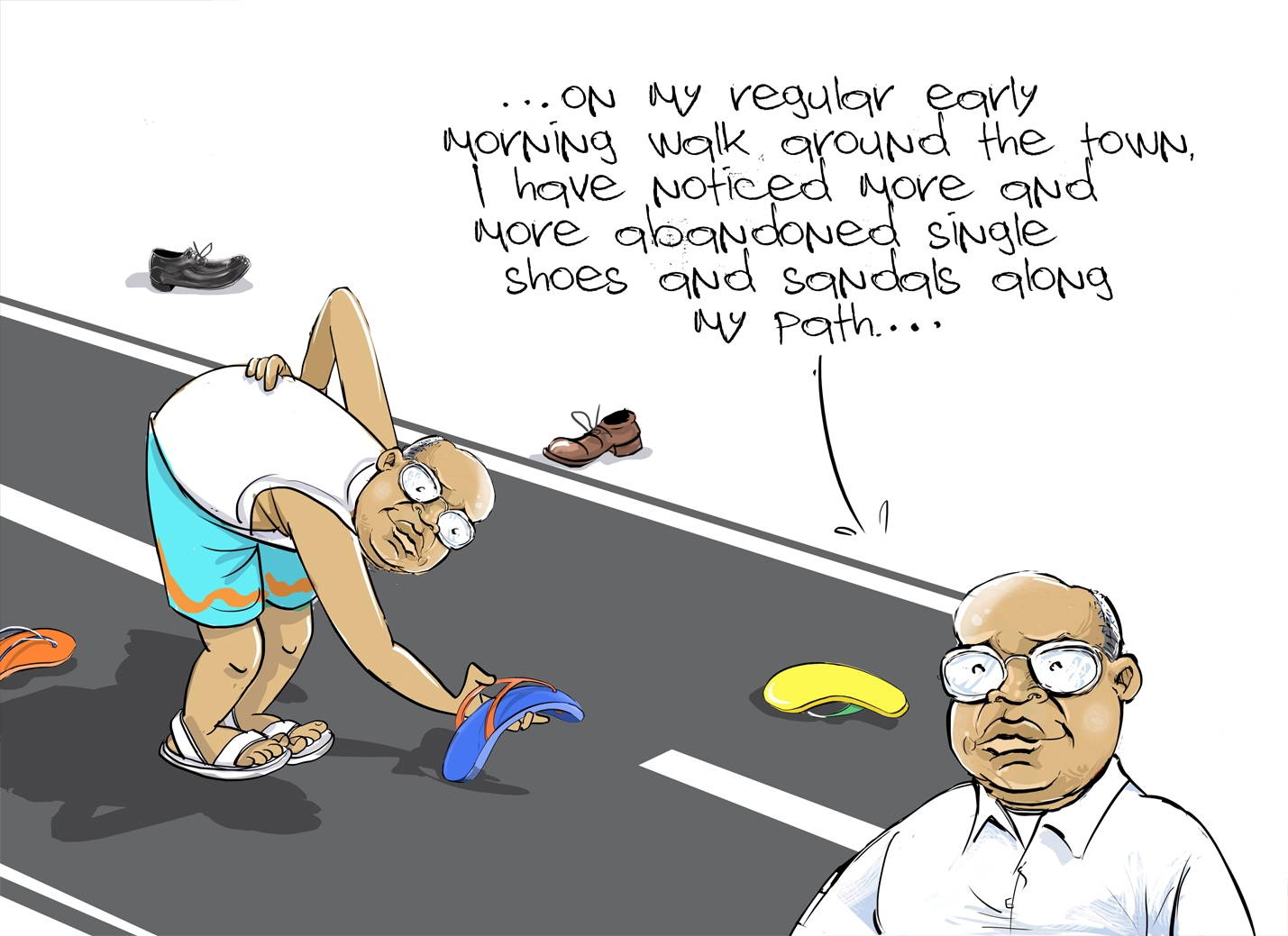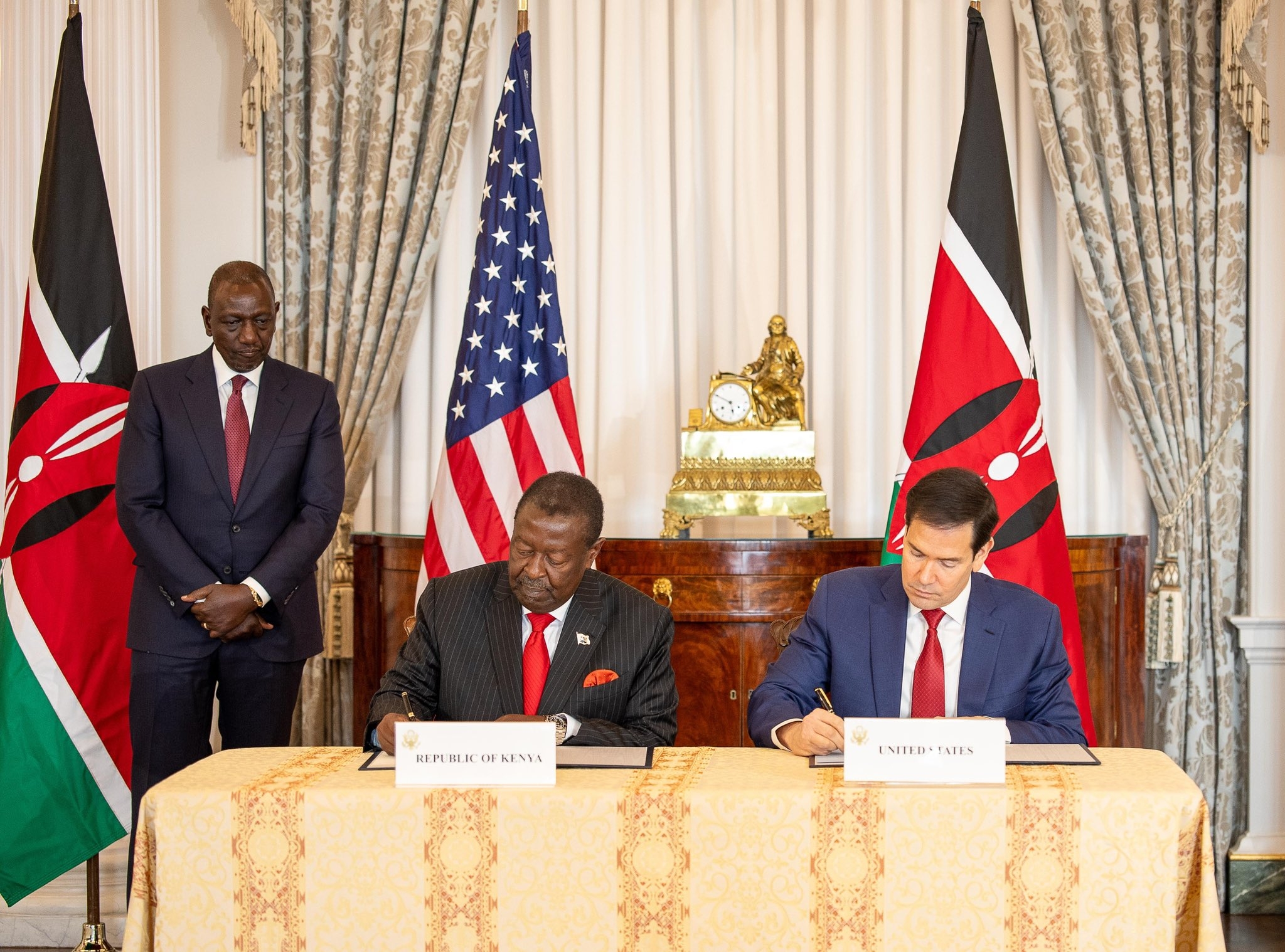The Supreme Court has ruled that Lady Justice Mary Muthoni Gitumbi, a Judge of the Environment And Land Court is mentally incapacitated to hold her office and perform her duties as a Judge.
In a judgement delivered on Tuesday, the Apex court led by Justices Mohammed Ibrahim, Smokin Wanjala, Njoki Ndungu, Isaac Lenaola and William Ouko agreed with the tribunal that had established grounds for the removal of the Judge due to her inability to perform functions of her office arising from her mental incapacity.
In 2021 Judicial Service Commission recommended to the then President of Kenya, Uhuru Kenyatta to remove the Judge from office citing mental illness.
The Judge, however, appealed to the Supreme Court to reverse the JSC decision.
"In light of the foregoing, although we have established that the Petitioner is unable to perform the functions of the office of a Judge which require immense alertness, endless concentration, presence, a good frame of mind to observe the demeanour of witnesses, back-breaking research, writing or typing skills, this is not to mean that she cannot undertake other duties pertaining to the legal profession," the judges said.
The judges added that the Petition of Appeal fails because the Tribunal duly established the ground for the removal of the Petitioner due to inability to perform functions of the office arising from mental incapacity.
"Accordingly, we make orders that the Petition of Appeal dated 19th May 2022 is hereby dismissed. The Tribunal’s finding that the Petitioner was unable to perform the functions of her office due to mental incapacity is affirmed. The Tribunal’s recommendation to the President for the Petitioner’s removal from office under Article 168(1)(a) of the Constitution is affirmed", the five judges ruled.
In Gitumbi's appeal, she had stated that the applicable standard of proof is that of ‘beyond reasonable doubt’ for the allegation of mental incapacity the intermittent standard being ‘below beyond reasonable doubt but above a balance of probability’ for allegations of inability to perform the functions of the office of a Judge.
Gitumbi submitted that the burden of proof in the matter was not discharged.
On mental incapacity, she submitted that the required standard of proof was not met.
She argued that it was not established that she suffered mental incapacity.
Gitumbi submits that the Tribunal erroneously concluded that mental illness amounted to proof of mental incapacity.
She contended that the test of ‘severity of illness’ was a wrong test for determining mental capacity.
Further, she submitted that the Tribunal erred in law and fact by finding that the Assisting Counsel had proved the element of mental incapacity beyond reasonable doubt.
Consequently, it was her submission that the allegation that she was unable to perform the functions of an office of a Judge was not established.
Gitumbi said that the Tribunal did not attempt to set out the functions of the office of a Judge and that the Tribunal did not single out any function that she did not or could not perform.
She submitted that the finding that she was unable to perform the functions of her office was inconsistent with the evidence adduced.
















